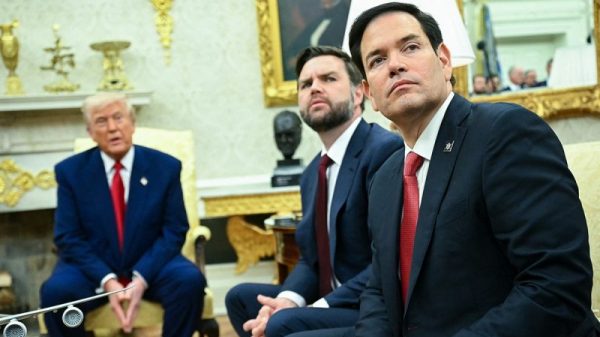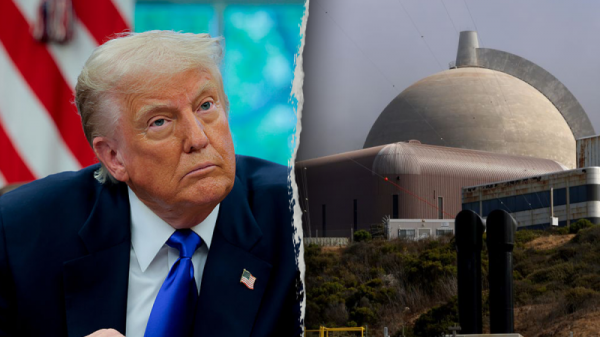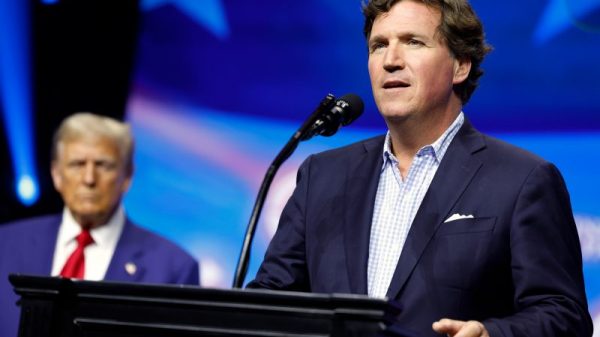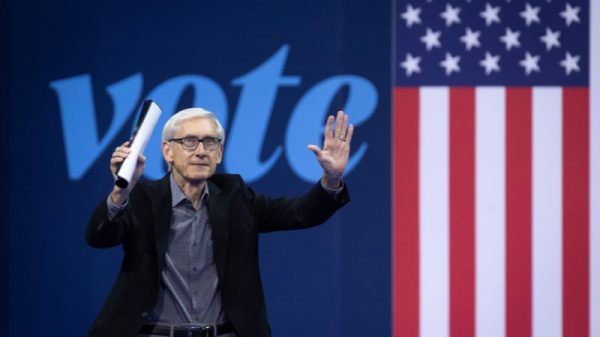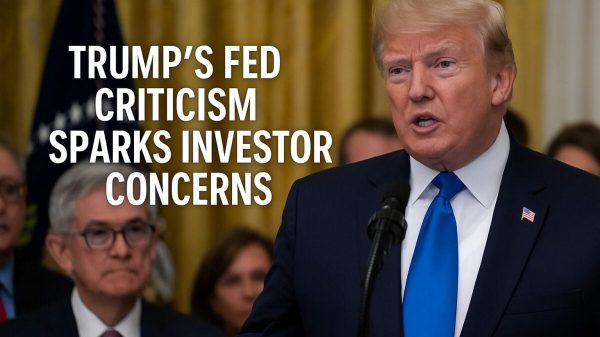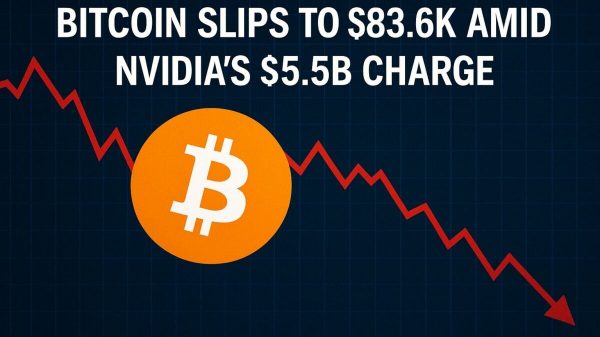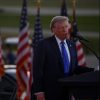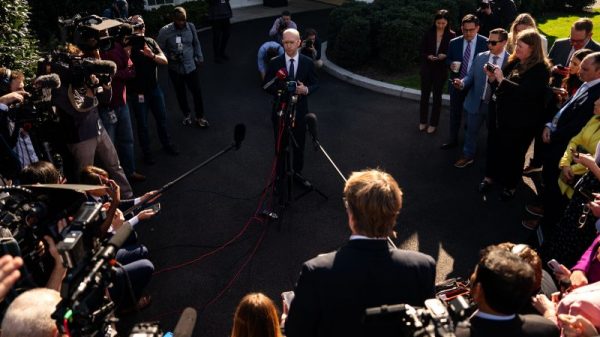
President Donald Trump made history during his first 100 days in office, surpassing former President Franklin Delano Roosevelt’s record for the number of executive orders issued during that same window.
To date, Trump has signed more than 135 executive orders during his first 100 days in office during his second term — up from the 33 he signed during the first 100 days of his first term, and up from the 99 Roosevelt signed during that period too.
The slew of executive orders indicates a shift in power away from the legislative branches and also indicates that Trump has a clear set of priorities he wants to accomplish during this term, according to experts.
Trump’s approach signals that power has been diverted away from Congress and that the executive branch is assuming increased lawmaking authority — a trend that will likely continue into future administrations, James Broughel, a senior fellow at the regulatory reform-focused Competitive Enterprise Institute, told Fox News Digital.
‘So much of the power in the federal government is now housed in the executive branch, and so this is really a sign that the president can implement a very vast and sweeping agenda through executive actions,’ Broughel said. ‘And so I would expect future presidents to probably follow Trump’s lead on this.’
These first 100 days are critical to setting the president’s agenda and driving media coverage of these initiatives — and that becomes more and more challenging as the term progresses, Broughel said.
‘These initial directions coming early are very important, because you’ll run out of time in your presidency if they’re not, if it’s not set out early,’ Broughel said.
Additionally, the Trump administration has advanced this plethora of executive orders because it had four years out of office to prepare and plan administrative priorities, according to Thomas Berry, the director of the libertarian think tank Cato Institute’s Center for Constitutional Studies.
Berry said it is evident that the Trump administration has thought about what issues it wanted to target in the executive orders for a long time and that many of them are focused on dismantling hurdles he faced during his first term. That includes executive orders that ease restrictions on firing federal employees, Berry said.
‘It seems clear that a lot of these executive orders are really aimed at trying to push past what they viewed as the obstacles to his agenda in his first administration,’ Berry said.
‘The weakness of executive orders is they can simply be reversed by the subsequent president. It’s not set in stone in statute,’ Berry said. ‘The one possible exception for that is if you weaken an agency so much that it’s hard for it to be built back up under the next administration.’
For example, Berry said that massive staff reductions at agencies like the United States Agency for International Development could take several administrations to replenish. The Trump administration unveiled plans in March to cut thousands of staffers at the agency — which historically has functioned as an independent agency that works to deliver aid to impoverished countries and development assistance — and move its remaining functions to the State Department.
Likewise, Trump signed an executive order in March to dismantle the Education Department and said that functions of the agency that oversee student loans and financial aid would move to separate agencies.
Berry said the onslaught of executive orders is placing strain on the judicial branch, as there have been more than 150 lawsuits filed challenging Trump’s executive orders. Among these cases are high-profile ones, including ending birthright citizenship and banning transgender individuals from serving in the military, which are temporarily blocked.
‘It’s making it hard for the judicial branch to keep up,’ Berry said. ‘It’s taxing courts to the limit, and it’s forcing courts to act fast, and the judicial branch doesn’t act as functionally when it’s forced to act really fast.’
‘To some extent, it’s a self-fulfilling prophecy when Trump complains about judges ruling without much law or deliberation,’ Berry said. ‘It’s because the administration is kind of forcing them to by taking all these actions with immediate effect and not doing the normal time for deliberation.’
Berry anticipates that the pace of the executive orders will slow in the near future though since the majority of the ones that emerged during the first 100 days appeared to be pre-planned.
‘They will, they will run out, I expect, certainly by the end of his first year, if not in the next few months, and then any remaining ones would be reactive,’ Berry said.


